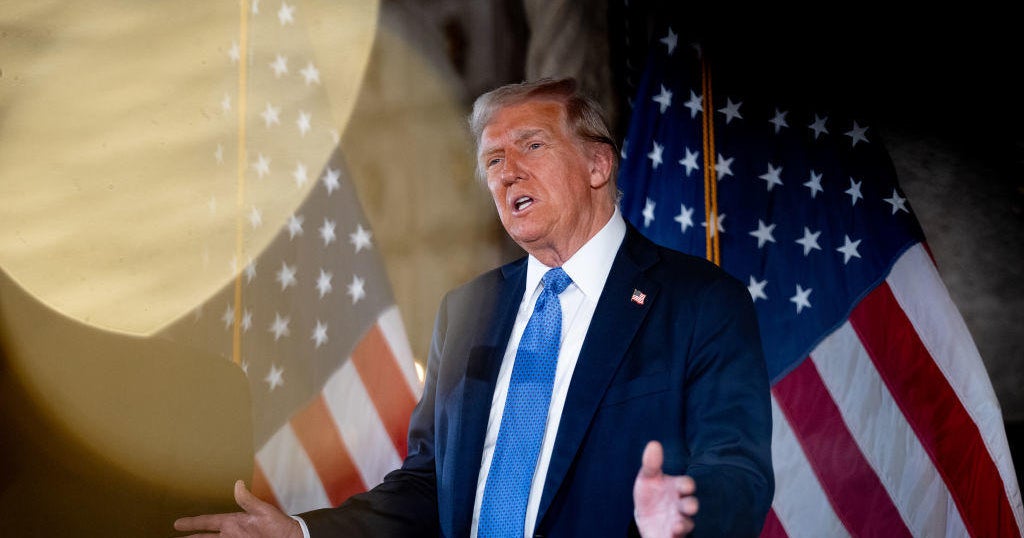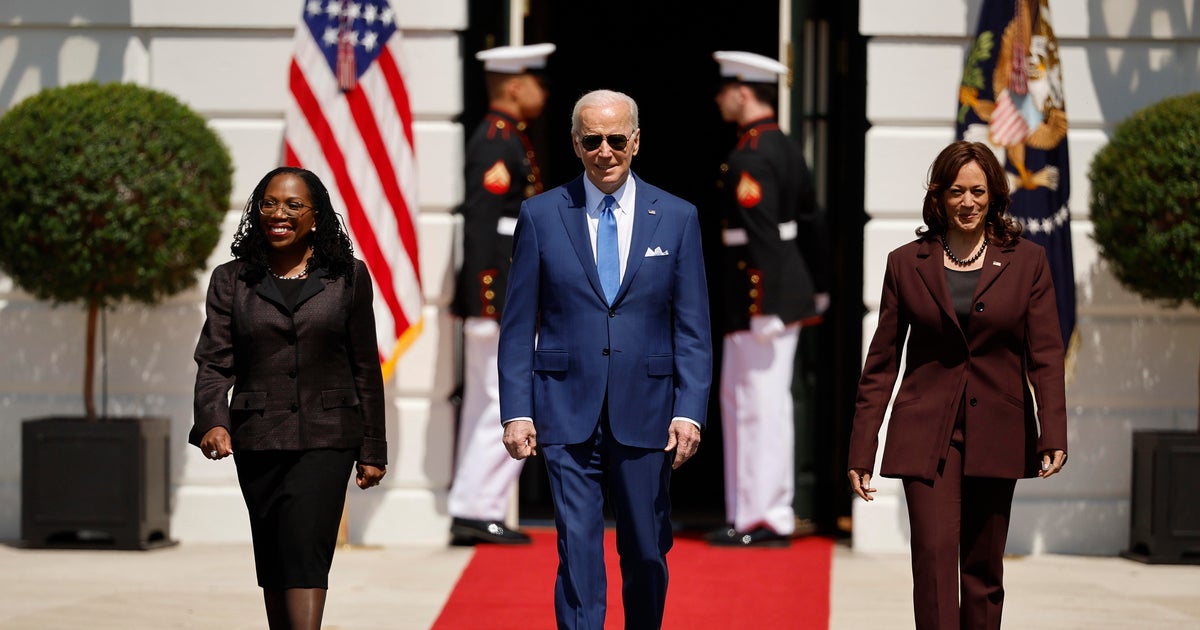Intelligence official who briefed Congress on Russian election threat to remain in post
Washington — Richard Grenell, the newly installed acting director of national intelligence, will not dismiss a top election security official whose briefing before the House Intelligence Committee was said to draw the ire of President Trump.
"Ambassador Grenell has not asked me to leave," Shelby Pierson, who serves as the intelligence community election threats executive, said in a statement Tuesday. "In fact, he has encouraged and affirmed his support for my position here in the organization. I have not asked to depart nor discussed resignation in any way."
Pierson's comments provide a preliminary window into the priorities of an acting director whose appointment stoked intense concerns about politicization and who admitted he would serve in the role only temporarily. Grenell, an outspoken defender of the president, has virtually no experience in the intelligence world and appears to have simultaneously retained his responsibilities as U.S. ambassador to Germany.
Mr. Trump said last week that he would nominate a permanent candidate "very soon."
Pierson's role at the Office of the Director of National Intelligence (ODNI) appeared to be in jeopardy after the president learned she delivered a February 13 assessment on, among other things, Russian election interference before lawmakers on the House Intelligence Committee. The assessment, which was based on intelligence collected by multiple agencies, indicated that Russia had established a preference for Mr. Trump, multiple sources familiar with the briefing told CBS News.
The president was infuriated that Democrats on the committee, including Chairman Adam Schiff, who served as lead House manager during last month's impeachment proceedings, were briefed on information that Mr. Trump feared could be weaponized to use against him politically. He was informed of the briefing by House Republicans, though it is not clear how the substance of the briefing was characterized.
After learning of the briefing, Mr. Trump summoned Joseph Maguire, who had been serving as acting director since August, to explain why it had taken place. Days later, the president named Grenell to the role, and Maguire resigned from government. Administration sources have contended that Maguire's ouster was unrelated to the president's displeasure with the House briefing.
But his abrupt departure, which was followed by the resignation of Andrew Hallman — a career intelligence official who effectively served as Maguire's No. 2 — prompted fears of a de facto purge at top levels at ODNI, which coordinates intelligence activities across the 17-member community.
Pierson was named to her newly created role in July by then-Director of National Intelligence Dan Coats, for whom election security was a top priority. A career intelligence officer and former National Intelligence Manager for Russia, Europe and Eurasia at ODNI, Pierson was later asked to serve as crisis manager for election security during the 2018 midterm elections.
Her statement on Tuesday came on the heels of a separate clarification issued by another senior ODNI official about the substance of the briefing she delivered. "[T]he Intelligence Community did not state that Russia is aiding the re-election of President Trump," the official told CBS News yesterday. Sources familiar with the briefing confirmed that the assessment Pierson delivered indicated that the Russian government had established a preference for Mr. Trump, not that it was taking active steps to bring about his reelection. Lawmakers have asked to see the raw intelligence underlying the assessment.
Since assuming the post last year, Pierson has made several public appearances and warned that election security threats have become "more complicated" since 2016.
In an interview with CBS News senior national security contributor Michael Morell on the Intelligence Matters podcast in January, Pierson said that foreign interference was a "24/7, 365 endeavor."
"This is not just a Russia-only problem," Pierson said, citing efforts by China and Iran to further their own interests in 2020. "I certainly think that we are looking at considerable foreign influence challenges."



